Puppies don’t open their eyes until around two weeks of age. They spend these first two weeks relying on their keen sense of smell to navigate through their pack of littermates and find their way to their mother. When they open their eyes, their world expands. Puppies are ready to leave their mum when they are seven to eight weeks old, which also happens to be the perfect time for puppy socialisation to begin. Although you can teach an old dog new tricks, it’s much easier to train a puppy when and where to go to the bathroom, how to greet other animals and humans with a happy, open heart, how to accept care from vets and groomers, and how to safely explore the world at large. So start puppy socialisation early and work quickly. There’s a clear window of opportunity for you to socialise your puppy between 7 and 18 weeks of age. Here are many of the ins and outs of how to socialise a puppy that can help you make the most of this important time.
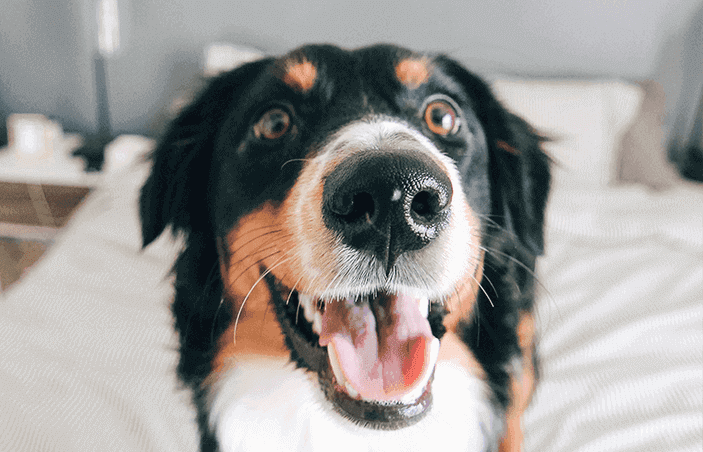
THE INS OF SOCIALISING A NEW PUPPY
HOUSETRAINING
It won’t be long before your adorable little puppy leaves a gift for you on the floor. Even before this happens, you’ll agree that housetraining is critical. The keys to housetraining are consistency and patience. A reliable consistent schedule may not housetrain your dog overnight, but it sets the stage for a fast and easy process with minimal cleanup. Set a schedule that works for you. Take your puppy outside first thing in the morning and right before bed, after your puppy eats, drinks a lot of water, naps, or actively plays. It’s helpful to always exit the house through the same door. It’s also smart to lead your puppy to the same spot outside. When you stay consistent, your puppy will begin to walk toward the door when it’s time to go out and if you’re lucky enough to catch these visual cues then it can make housetraining a breeze.
HANDLING
Handling is more fun than housetraining. Your puppy needs to become comfortable with being held and touched by people. Many different people will handle your puppy throughout their life. Take the time to hold, hug, cuddle, and touch your pup. Place her on her back on your lap, touch her ears, eyelids, nose, mouth, teeth, toes, tail and feet. Your puppy will also need to get comfortable being touched and poked by the vet and possibly a groomer. Ask your vet to show you how to trim her nails if you’re not sure. The more comfortable she is being handled, and the more comfortable you are handling her, the easier it will be for both of you.
HOMES
Puppies are natural explorers. Help her explore areas of your home safely. Expose her to different surfaces within your home, such as hardwood, tile, or carpeted areas. Decide, early on, whether your puppy will be allowed to climb up onto the furniture. If you plan to allow your puppy on the chairs, then designate areas where your puppy is welcome and also select off-limits areas. When you create boundaries for your puppy, it is much easier to keep these later on when she becomes an adult dog. Some people don’t mind a 4 kg puppy sleeping in the bed with them, but when that puppy grows into a 40 kg dog, there might not be enough room in the bed for everyone.
THE OUTS OF SOCIALISING A NEW PUPPY
GOING PLACES
Your puppy needs to learn how to get from point A to point B, how to meet and greet other mammals (people and animals), and how to enjoy places fit for people (like busy streets, dog-friendly hotels, restaurants, and those for animals (like dog parks and kennels). All of this may sound overwhelming, especially when you consider fitting it all into the first five months of your puppy’s life, but it’s not. The trick is to live your life with your puppy by your side. Going for a car ride? Bring your puppy. Walking to the park? Bring your puppy. Hungry for lunch? Bring your puppy. The best way to socialise a puppy to fit into your life is to live your life with your puppy. Stepping outside with your puppy is also a fast way for you both to meet a lot of new people. Puppies are people-magnets. Allow strangers to stop and pet your pup and reward her when she displays good behaviour. If your puppy is overwhelmed by the experiences you’re introducing her to, then step back with her and give her the space to relax. Later on, you can try again. It may take a little time, but your puppy will eventually become accustomed to living by your side.
PREPARING FOR SURPRISES
You might not think it’s possible to prepare your puppy for a surprise, but it is. If you can imagine how much loud noises and strange visuals startle you, you can begin to imagine what they might do to your puppy. You can start with something simple, like a knock on a door or a doorbell, and then gradually work your way up to car horns and sirens. The key is to help your puppy acclimate to sights and sounds that seem to come out of nowhere, that way when thunder rolls in or firecrackers bang in the sky you might run for cover, but your pup won’t.
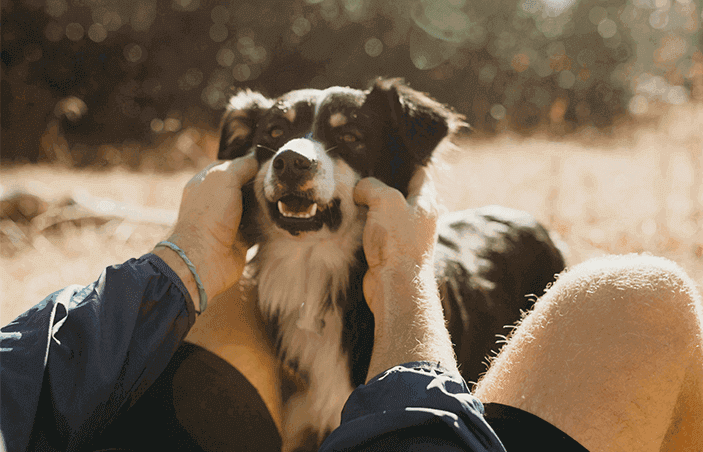
Socialising a new puppy sets the stage for a life that’s fun and enjoyable together. A puppy who understands his or her place in your pack grows up to be confident, social, and well-behaved. Take the time to train your puppy to respond to simple commands, including sit, stay and down, because these can save your pooch’s life down the road. If you’re not sure where to begin, ask your vet for reputable training facilities in your area. Enrolling your puppy in group training classes is also a great way to socialise around other puppies. Be sure to pack your pockets with treats to reward your furry friend for every job well done.
Your vet plays a big role in your pet’s health. Enter your location and get a list of vets near you.
FIND A VET







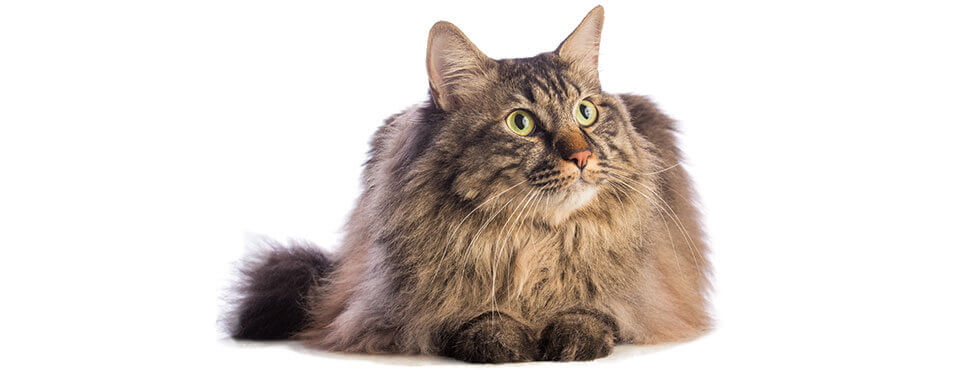
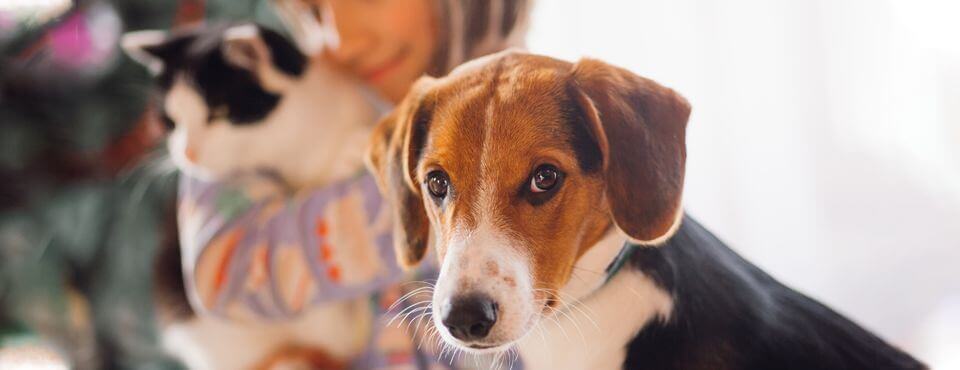
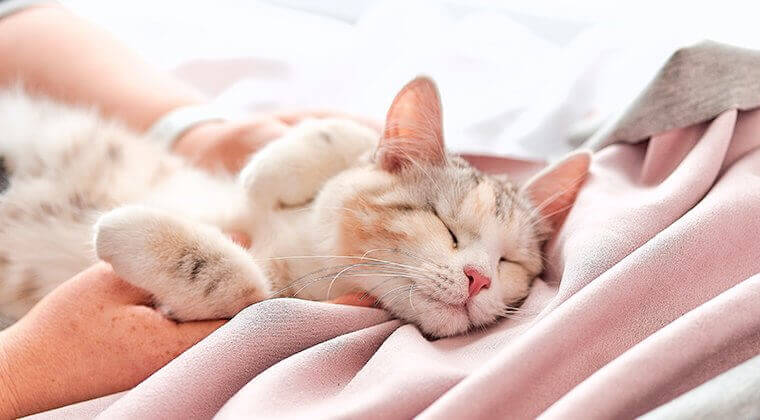
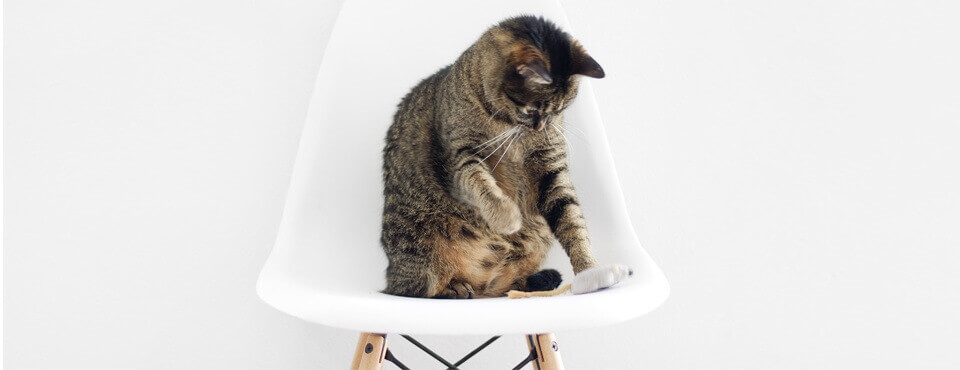
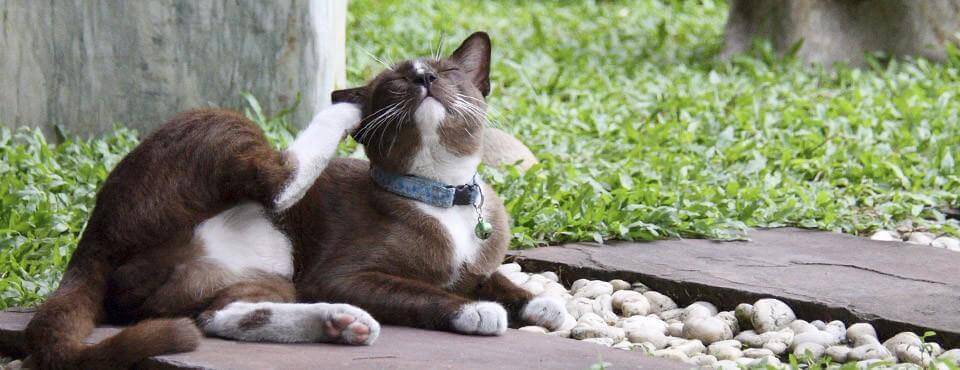
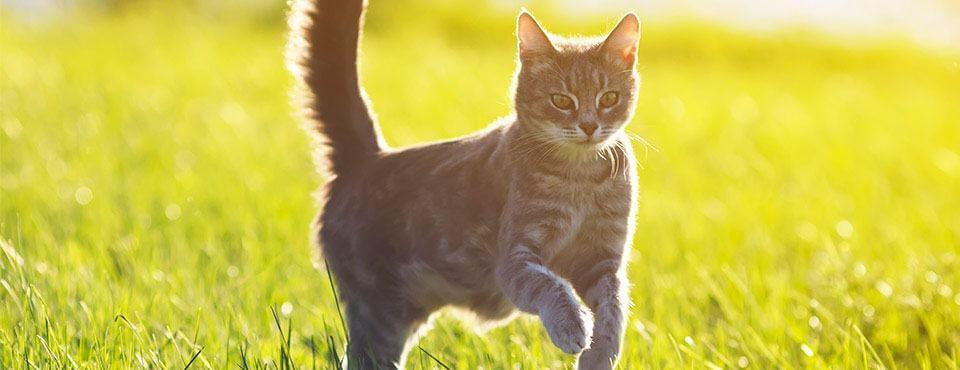
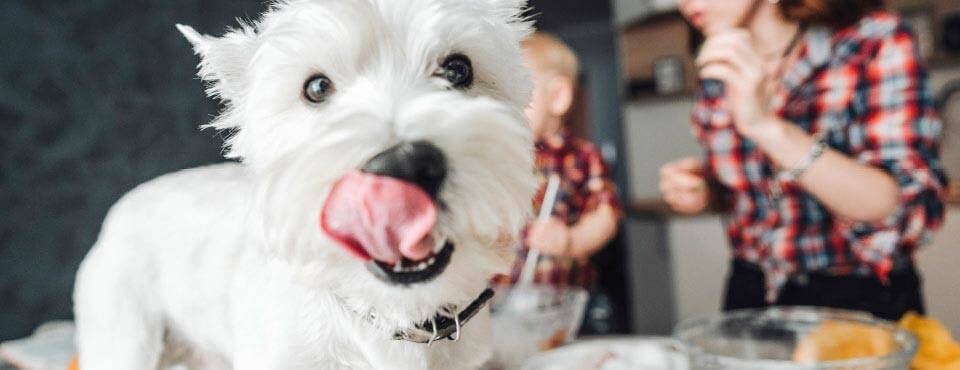
 Go To United States
Go To United States Austria
Austria Belgium
Belgium Czech Republic
Czech Republic Denmark
Denmark Europe
Europe Finland
Finland France
France Germany
Germany Greece
Greece Hungary
Hungary Ireland
Ireland Israel
Israel Italy
Italy Netherlands
Netherlands Norway
Norway Philippines
Philippines Poland
Poland Portugal
Portugal Romania
Romania Saudi Arabia
Saudi Arabia Slovakia
Slovakia South Africa
South Africa Spain
Spain Sweden
Sweden Switzerland
Switzerland Turkey
Turkey United Kingdom
United Kingdom